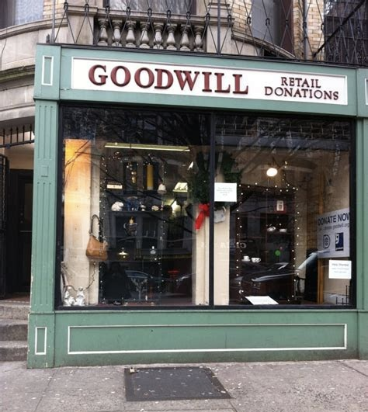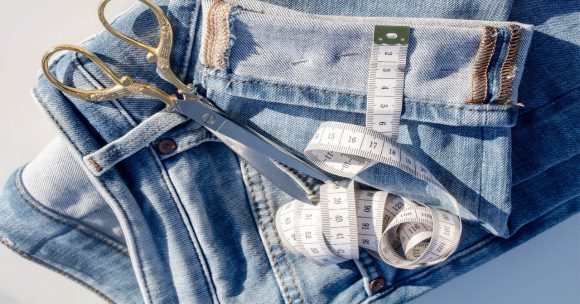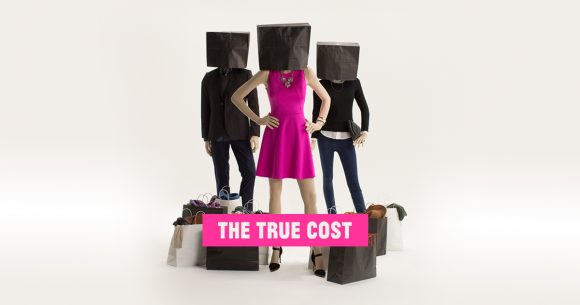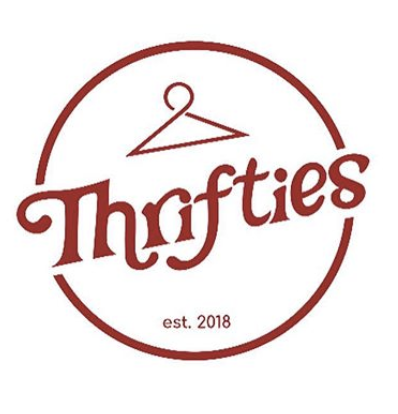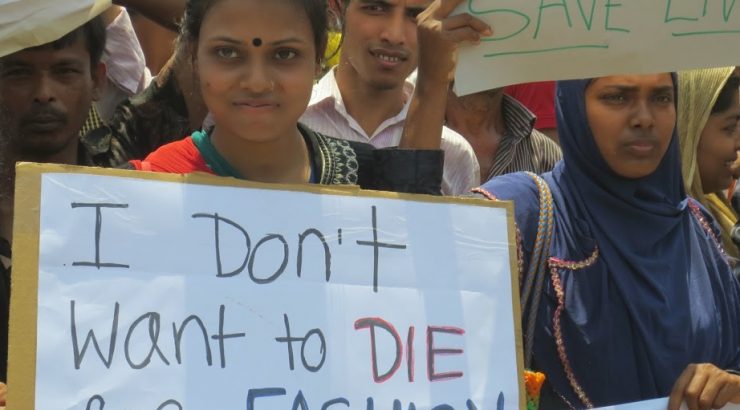
Fast Fashion and Outsourcing Fashion stores always seem to have a million new products to constantly keep up with the customer’s needs. But have you ever considered how they make their clothes so quickly?
February 26, 2020
If you go into your closet right now, it’s likely that most of your clothing tags read, “Made in China.” This is a result of large retail companies like H&M and Forever 21 using a technique called outsourcing to produce their clothes. Outsourcing occurs when a company hires an outside party to create their products. With large companies, this often occurs in locations outside of the country, in places where there are lower working wages so the cost of making the products is cheaper. This is the reason that H&M and Forever 21 are capable of selling clothes for cheap prices. However, this comes at a cost.
These department stores often outsource in Asian countries, such as China, India, Cambodia, Bangladesh, Thailand, and Myanmar. Some of these countries have labor laws that aren’t as good as the U.S. For example, in 2017, there was a violent riot of workers in a Myanmar H&M factory protesting poor labor conditions. The Myanmar minimum monthly wage was only $63, with 6-day work weeks. Therefore, they only made roughly $2.63 a day.
Moreover, the people working in these factories often have to work faster to keep up with the production of new clothes that keep stores in style, which is where the term fast fashion comes from. Since the production is so rapid, the quality of the clothing material is also quite cheap. This lifetime of a piece of clothing made in fast fashion is short, forcing you to buy new clothes over and over again. It takes a large amount of energy and resources to make clothing in fast fashion. For example, 500-1800 gallons of water are needed to produce the cotton in a single pair of jeans.
Fast fashion relies on cheap labor that doesn’t support employees and creates low-quality, non-eco-friendly products. To avoid supporting these companies, here are some things you can do to instead of purchasing fast fashion:
1) Thrifting
People resell older clothing in thrift shops that have usually already been worn for cheaper prices. Thrifting has become very popular in recent years and it’s also a sustainable option because you’re extending the lifetime of a piece of clothing by buying someone else’s clothes they no longer wear. Also, some places where you can buy second-hand clothing around Chapman are Deelux and other antique shops.
2) Online Thrifting
Besides physical thrift shops, there are many different online thrifting websites such as Thredup and Depop. Anyone who makes an account on Depop can resell their clothing for free by taking pictures of their clothes and posting them to their account.
3) Buy from Sustainable Brands
Some sustainable brands are Reformation, Everlane, Tradlands, and Patagonia. 72% of the Patagonia clothing line uses recycled materials and also made a goal for complete carbon neutrality in 2025. Patagonia also has their Worn and Wear service, which is where a customer resells their used Patagonia clothing back to Patagonia and they receive online/in-store credit in return. Other people can then buy these used Patagonia products for cheaper prices. They also treat their employees well, granting them paid maternity and paternity leave as well as on-site child care. Patagonia also holds pop-up events at the Seed’s People Market in the Anti-Lab Mall in Costa Mesa. Because of the higher quality material and worker benefits, the cost of the clothes is also more expensive, but it’s great if you can afford to buy sustainable clothing!
4) Repair your Clothes
If you accidentally rip a hole in your jeans, take out a needle and thread to patch it up. Also, if you can’t repair your clothes on your own you can bring them to a clothing repair service that can do it for you!
5) Learn more about Fast Fashion
You can always learn more about fast fashion. Some interesting documentaries regarding fast fashion and outsourcing are the True Cost on Netflix and River Blue.
6) Get involved
There are some student organizations on campus such as CU Thrifties and Civic Engagement’s Swap Not Shop that promote sustainable fashion.
Now that you know a bit more about fast fashion and outsourcing, we encourage you to think about your decisions regarding your clothing purchases more!
Thank you to Maya Cheav for writing this guest piece! Subscribe to our Green Panther Newsletter here! Also, make sure to follow us on Instagram @sustainchapman!
